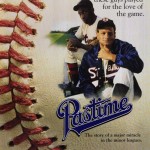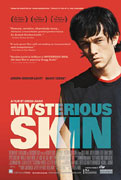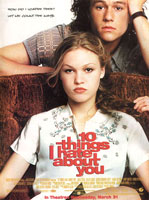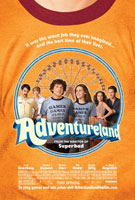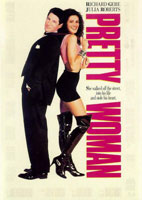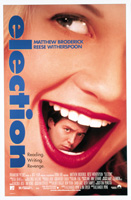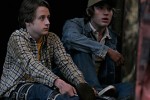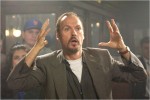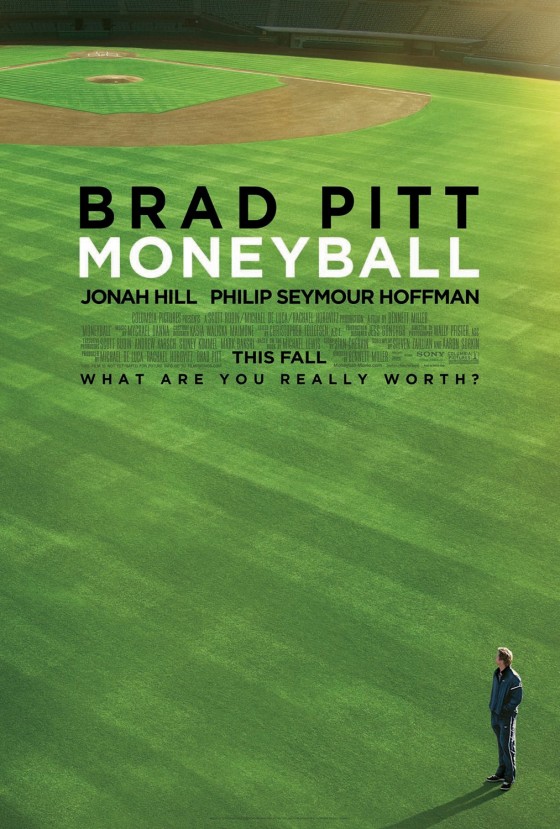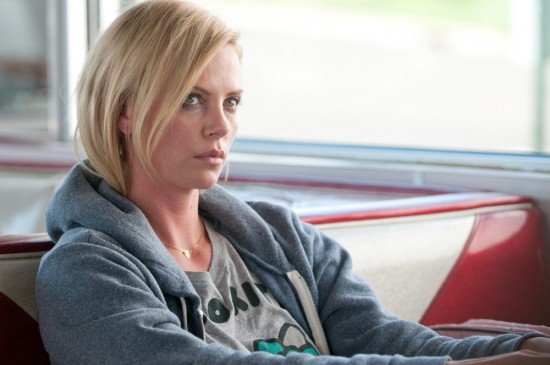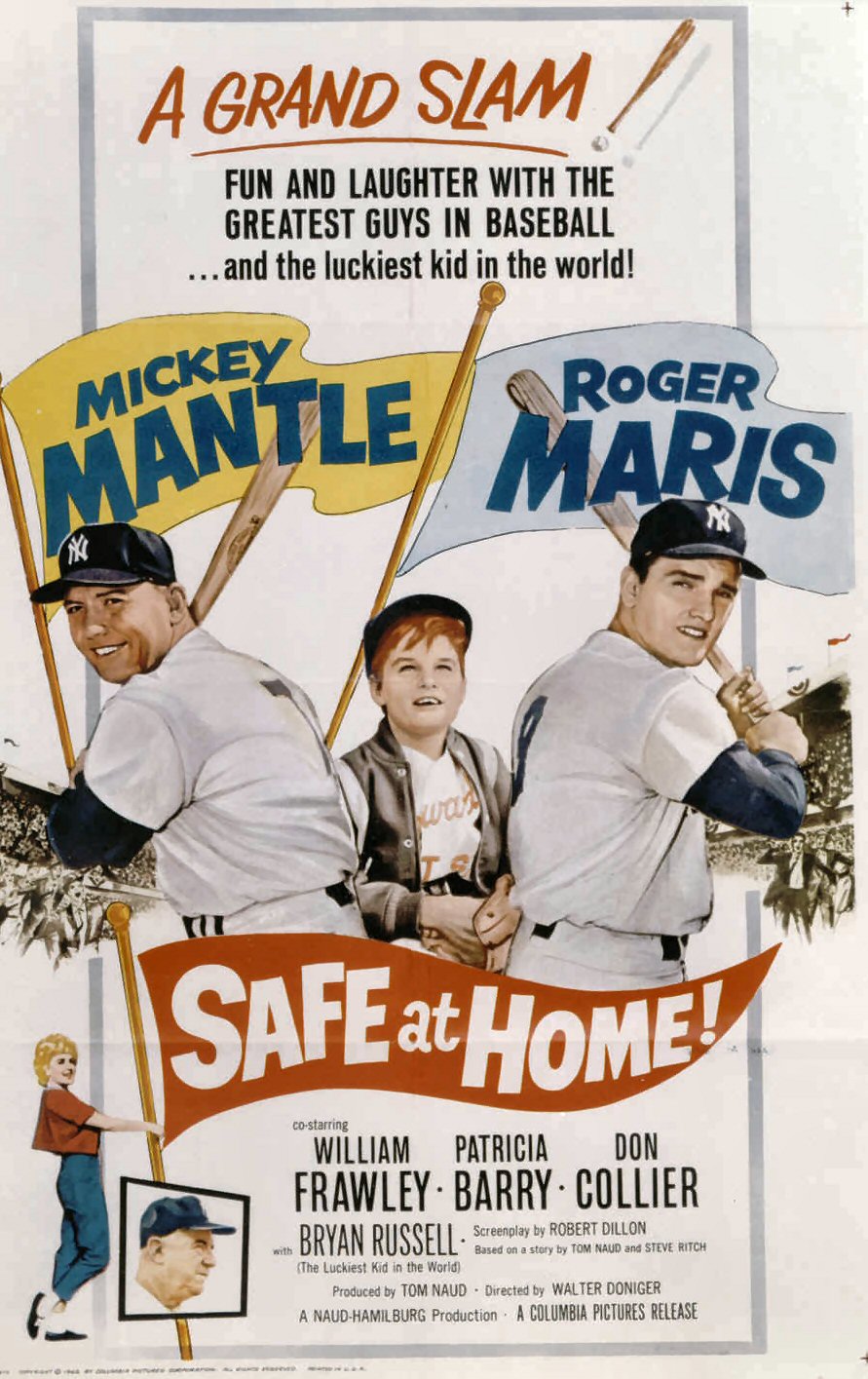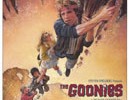One of the beauties of film is that as a medium for communication it has the potential to both entertain and make a powerful statement. Rarely do they succeed in both departments. While most movies have themes, they’re more concerned with entertaining. And that’s great because entertainment is first in my books too. But when I see a film like Allan Moyle’s Pump Up the Volume, I am reminded just how affective this platform can be.
Hubert Humphrey High is your average high school, complete with its cliques that separate everyone into groups of clichés and stereotypes. Cool kids, jocks, burn outs, pimply sophomores and everything in between. It’s the kind of place where if you choose to blend in, nobody will know that you exist. But every night there is a single event that brings them all together – Happy Harry Hard-on’s pirate radio show. Harry tells it like it is, straight shooting it to the kids letting them know that the teenage years are meant to be awkward and that the goal is simply survival. Starting out as some small, the radio show blossoms amongst the school’s populace as friends tell friends and word of mouth gets around. Soon it’s a sensation and most everyone over the age of 25 wants Harry shut down. Except nobody knows who this Harry guy is.
Mark (Christian Slater) is the average kid in school. He eats lunch alone on the steps with a book or a pair of watchful eyes. Mark’s the invisible average kid that people don’t bother to get to sign their yearbook. At the ten-year reunion, people would either be avoiding him or squinting at his name tag to figure out who he is. But Mark has a secret Clark Kent complex. Behind his glasses lies the school’s hero. By night Mark rules to local radio waves because he is none other than Happy Harry.
The teenage years are tumultuous ones. I remember thinking I was always being told what I should be doing rather than going out and experiencing life for myself. Sure, there’s mess-ups and mistakes, but that’s all part of growing up. That’s how you learn. Hubert Humphrey High is the same. Outdoor signs tell students what they should be doing, parents doing the same. And like all good little teenagers with enough confusion in they’re life already, they simply give in. What this does is reinforce the cliques and stereotypes of the jocks, cool kids, nerds and such. None of HHH’s students are given the chance to form their own identity. B.H. (Before Harry), that is.
When the Harry Show takes off, the students begin to shed their zombie-like facades. They start to think for themselves. It’s near anarchy. Of course, there’s only more confusion and questions. But there’s also freedom. The parents and adults start to worry. They’re lab experiments are going to hell.
Writer-director Allan Moyle works hard to reassure his target audience that things will work out in the end. It’s a powerful and honest film that doesn’t give the easy answers. He leaves much to be figured out too. The story that lies within this theme isn’t deep but it is adequate. Moyle ran the risk of making Pump Up the Volume preachy but instead he realizes a balance between entertainment and message. The film is also a reminder of Slater’s promise he showed as a young actor. He’s an irresistible combination of charisma and sensitivity as the modern-day Superman.
Pump Up the Volume is the kind of movie that hits home. It touches on real emotions and is a reminder of just how darn awkward it is to be a young adult. Now if only we would stop to listen more often.
Trailer
